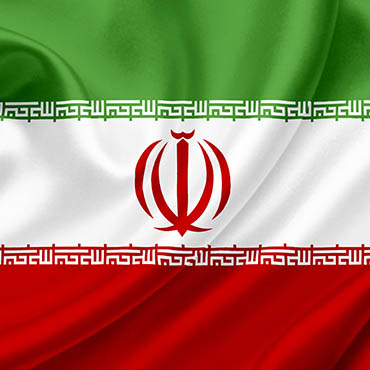House, Senate bills would urge more sanctions on Iranian hackers
The Iran Cyber Sanctions Act of 2016 would push the U.S. government to slap more sanctions on Iranian hackers.

Rep. John Ratcliffe (R-Texas) on May 12 introduced legislation that would push the Obama administration to levy more sanctions against hackers tied to the Iranian government. The legislation is a companion to a bill Sen. Mike Rounds (R-S.D.) introduced last month. The legislative push comes as some lawmakers fear Iran will use relief from sanctions on its nuclear program to bolster its cyber capabilities.
Rounds' bill, which Ratcliffe said was nearly identical to his, would require the president to include on a sanctions list Iranians who have conducted "significant activities" to undermine the cybersecurity of the U.S. government or its citizens. Any exclusions would require a presidential explanation to Congress.
Rounds' bill would require a report from the president to Congress every six months regarding Iranian cyber activities against U.S. interests. The report would include a strategy to counter such cyber activity.
The Iran Cyber Sanctions Act of 2016, as the bill is known, is an effort to get the executive branch to more aggressively use an executive order Obama issued last year. That executive order identified four categories of cyber behavior that could trigger sanctions, including the theft of trade secrets and the disruption of critical infrastructure.
In March, the Justice Department indicted seven Iranian hackers for attacking several U.S. banks and accessing a computer at a New York dam.
"The danger posed by Iran's increasingly sophisticated cyber capabilities has grown significantly over the past few years," Ratcliffe said in a statement. He is chair of the House Homeland Security Committee's Subcommittee on Cybersecurity, Infrastructure Protection and Security Technologies.
According to Ratcliffe, Israeli Prime Minister Benjamin Netanyahu said in a recent meeting that he was concerned Iran might use the billions of dollars it is expected to receive in nuclear sanctions relief to invest in greater cyber capabilities.





